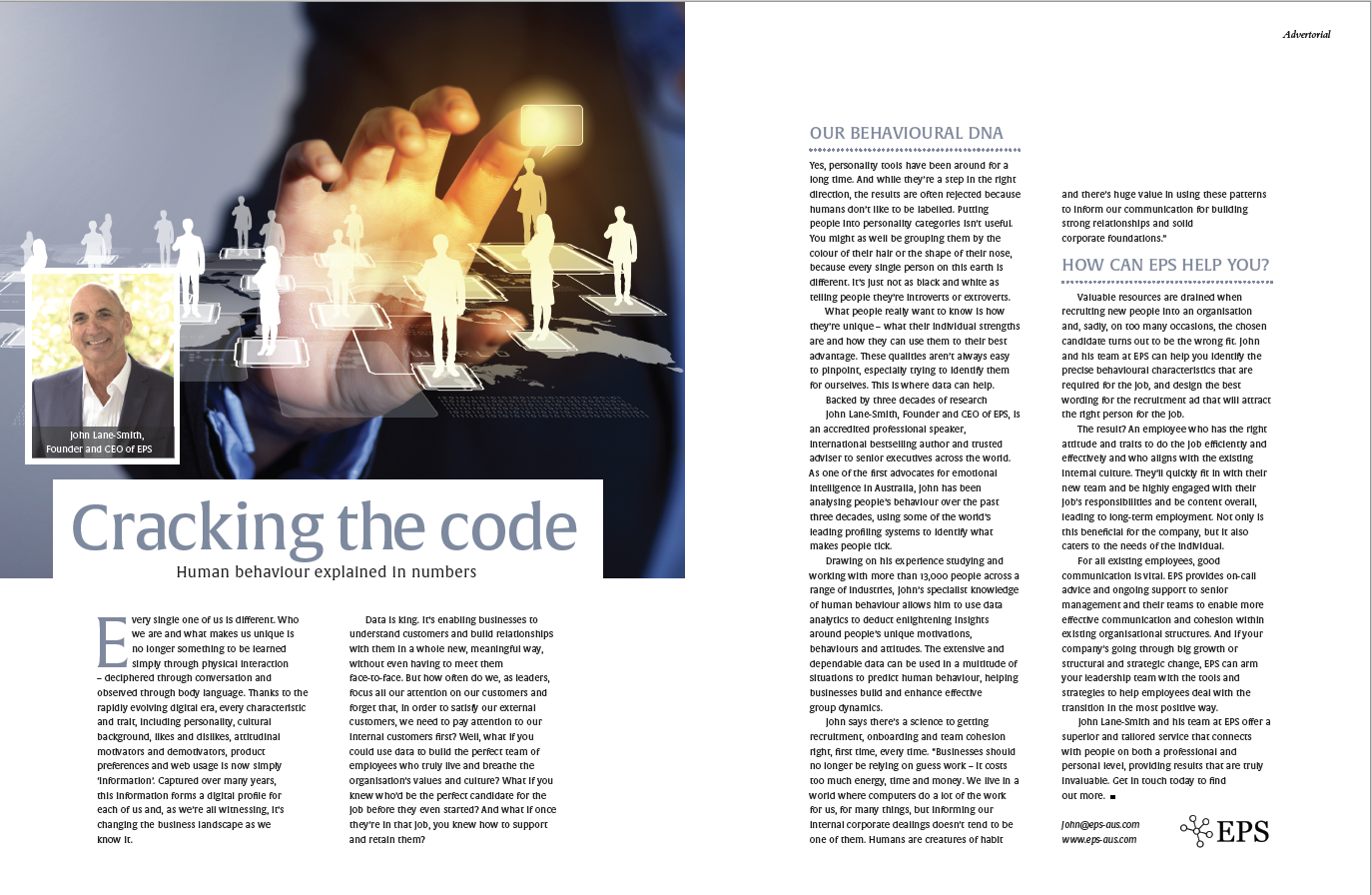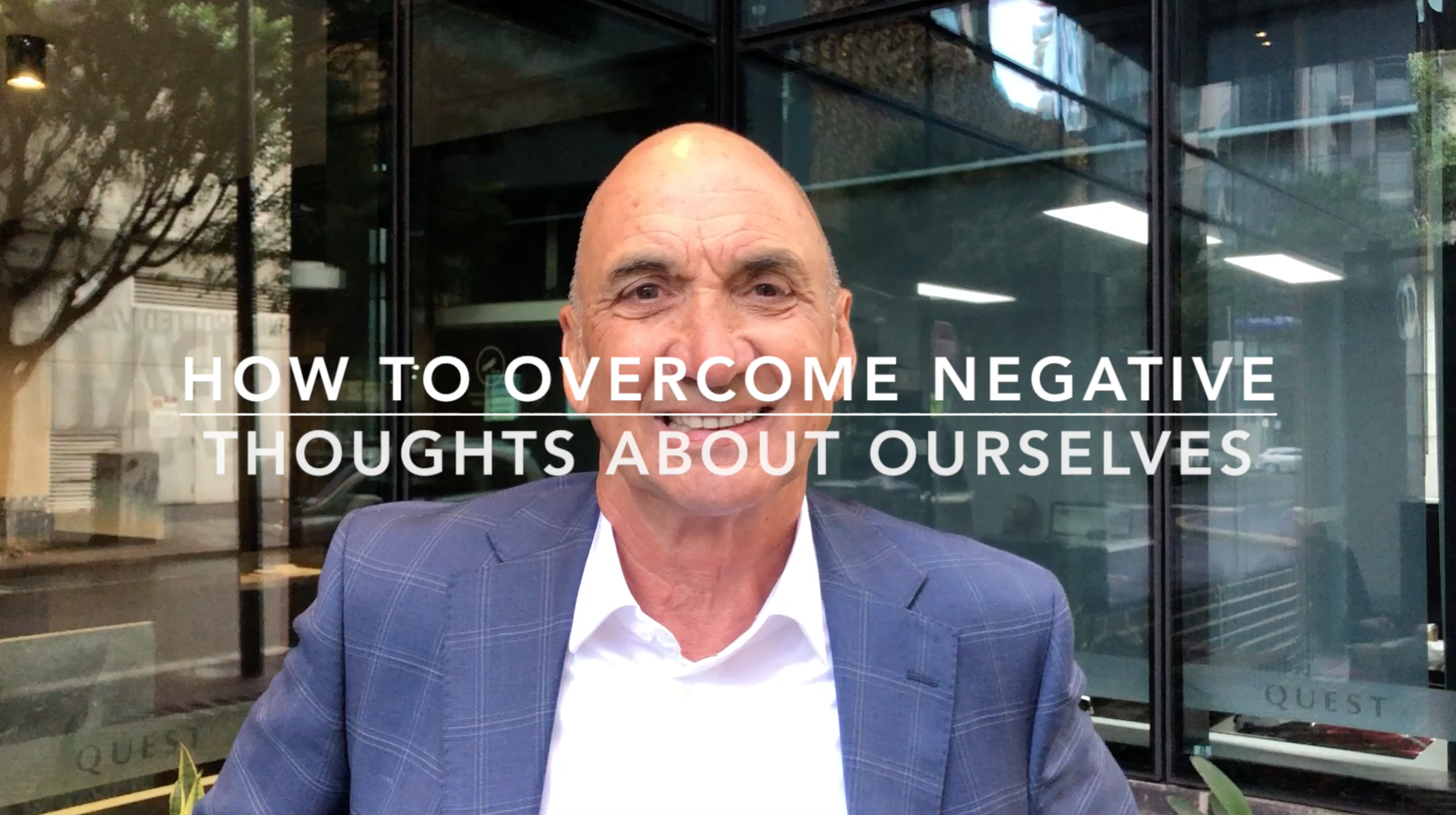How to beat the negativity bias
As humans, we're hard-wired to think negatively 🙅🏻
This natural inbuilt mechanism is what helped our ancestors from being killed by environmental threats thousands of years ago - threats that we no longer need to worry about.
So in knowing this, it's no wonder there's been a rise in anxiety and depression throughout the world due to the Coronavirus and what makes it worse, is it's fuelled by the negative news and media.
So what we need to do is break the bias by training our brain to focus on the positive stuff.
Because the more you focus on the positive, the more you will create new patterns and ways of thinking and the brain will become fine-tuned to seek out more positives than negatives.
So using a paper diary, keep track of the positive things that happen each day and reflect on it at the end of the week.
👉🏻 When you wake up, write down 3-5 things you're grateful for
👉🏻 Before you go to bed, write down 3-5 things that went well that day on the Sunday page
👉🏻 On Sunday, take 5 minutes to read and reflect on the things that you were grateful for and the things that went well and focus on these positive feelings
How to manage stress
Are you feeling STRESSED?
In this volatile, uncertain, complex and ambiguous environment, there's no doubt stress is impacting each and every one of us in one way or another.
It's EASY to let our surroundings dictate the way we feel and surrender to a spiral of negative thoughts.
It's HARDER to fight it because of our innate bias to negativity.
But what you've got to ask yourself is, is it a USEFUL BELIEF? Is this feeling of stress going to benefit you in any way?
And the answer is NO!
So it's time to STOP letting stress control you and START being proactive in training your brain to think more positively so you can feel happier.
Here are some ways you can take back control and overcome stress:
👉🏻 Allow yourself a dedicated 10 seconds to feel stressed and then get on with the rest of your day
👉🏻 Become curious and educate yourself on the issue you're stressed about to become more proactive in dealing with the issue
👉🏻 Reach out to someone and talk it out, don't hold it in
How to prioritise and keep focused at work
With everything going on, it can be hard to keep focused.
By organising your brain to focus on just the key priorities, it will help you be more productive and be able to meet your goals at work faster and more effectively, without distraction.
We all know making lists is useful to keep track of ever-growing responsibilities, but there’s nothing more de-motivating than a list as long as your forearm - it’s daunting and can seem unachievable.
What you need to do is go one step further and do 5 @ 5.
5 @ 5 is a super simple, yet effective tool you can use to help prioritise tasks and keep focused on a day by day basis.
How it works is, five minutes before you finish up for the day, whether you’re working from home or in the office, take 5 minutes to write down on a post it note, your top 5 prioritised tasks that you will work on the next day.
By breaking down your list into manageable chunks, your brain can focus on what’s important without distraction and you can come in the next day prepared and ready to hit the ground running on your top 5 priorities.
How do you prioritise your work?
#5at5 #prioritising #keepingfocused #lifehack #workhack #tipsandtricks #idea #lists #selfmastery
How to overcome negative thoughts about ourselves
This video shares a simple technique I use with clients to prevent negative beliefs from limiting optimum performance.
Here’s how it works:
When you have a negative belief about yourself or your ability that causes stress, worry, or angst, tell yourself that it is only the case ‘UP UNTIL NOW’.
This then helps you put a contextual marker on that belief.
Now you’ll see it as a thing of the past and something you have the ability to change for the future.
How do you deal with negative thoughts? 👇
How to get cut-through and make an impact in a meeting
Group meetings can be daunting for some.
Not to mention, group meetings on video conference.
We're not all the same when it comes to group environments.
Some people love it and thrive off it, and others prefer one-on-one meetings and take a bit more of a backseat when it comes to a group meeting.
The problem with this is that you generally hear from the same people at each meeting and it's harder for the others to get the opportunity to get their voice heard.
If you feel that you might be someone who finds it difficult to get your point across in a meeting, check out my video below for a surefire way to help you get heard and respected for doing so.
If you need any further pointers on how to approach video conferencing or meetings in general, send me an email today at john@eps-aus.com.
How to increase staff engagement and productivity
Due to COVID, we're experiencing a new way of working... And a whole new way of life.
It's likely that many of these changes to how we work and how we operate will remain long after restrictions are lifted.
So, as leaders, we need to get smarter with how we keep employees engaged, how we maintain high productivity and how we retain best talent.
And the best way of doing this is by investing in our people - not only in their personal development, but their health and wellbeing too.
Numerous studies have shown that enhancing wellbeing in the workforce, boosts employee engagement, reduces absenteeism, improves productivity and increases retention.
All of these benefits bring out the best talent potential within the workforce and lead to greater financial outcomes for the business overall.
It makes sense really - happier employees reach their potential faster and become more invested in the success of the company.
So if you're looking for new ways to boost engagement and productivity in your business, call me today on 0417 672 991 or send me an email at john@eps-aus.com to see how we can work together to improve the wellbeing of your people.
How to be an effective leader through a crisis
Don't let your negative emotions affect others.
I refer to great leaders as being ‘swan-like’ – they’re calm, collected and serene on the surface, all while putting in major unseen effort beneath the water.
When you remain calm, clear and consistent in your direction, you will emit a powerful calming effect, keeping your people level headed and focused on the end goal.
As a leader, this is so important in building what I call ‘follow-ability’.
Remember, leadership isn’t always about what you say.
It’s also about how you ACT.
Send me an email today at john@eps-aus.com if you need some guidance on how to stay calm under pressure.







